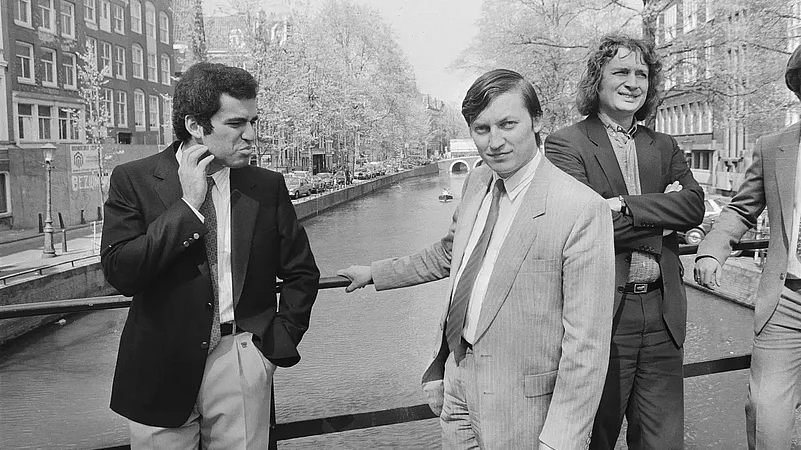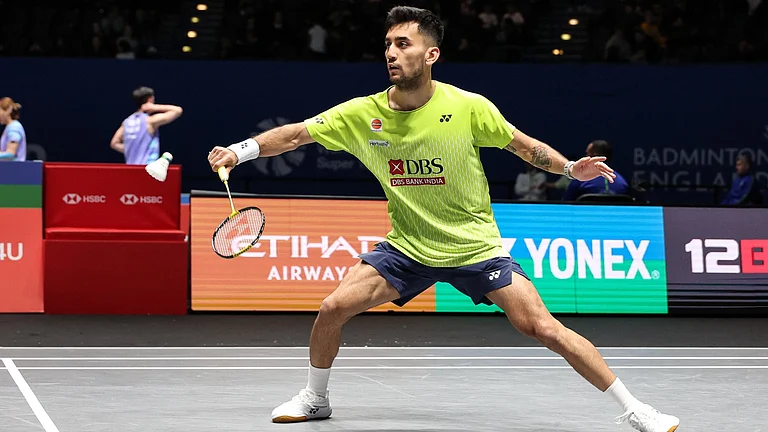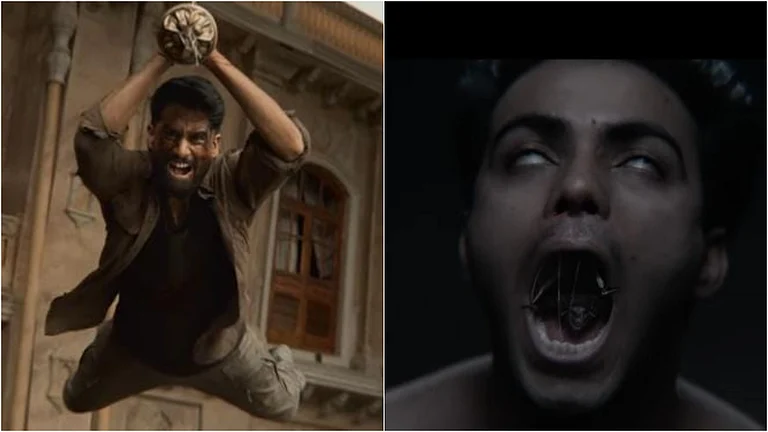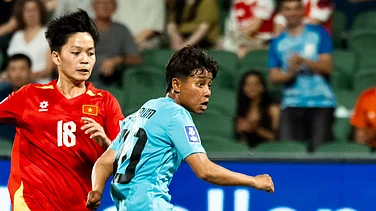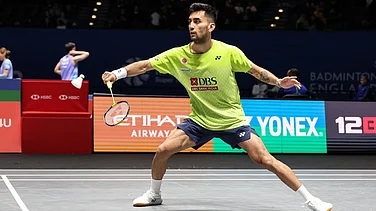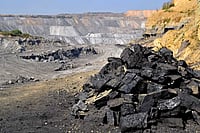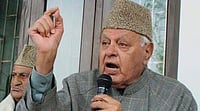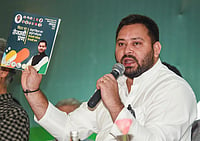The 44th Chess Olympiad has generated a lot of interest in India, home to 67 grandmasters and an avid culture of indoor sports like chess. The Olympiad commenced in Mamallapuram, Tamil Nadu, on July 28 and will conclude on August 10. This is the first time that India is hosting the event.
The Olympiad has already led to some testy matches. Competition forms the spirit of sport. But no rivalry seems to hold as much intrigue and political messaging as some of the battles between two chess masters, memorialized in a string of Hollywood films, pop culture and Cold War legends. Here’s a look at some of the more competitive rivalries and matches between players that have roused public interest.
Spassky-Fischer: The Cold War Era Rivalry
After World War II, the first Chess World Championship was hosted by the Fédération Internationale des Échecs (FIDE) in 1948. Up until 1972, the Soviet Union remained the dominant name in the sport, producing one world champion after other, starting from Mikhail Botvinnik to Boris Spassky. In 1972, however, Spassky, who was known to be a Russian patriot yet critic of Soviet policies, was beaten by American chess genius Robert James Fischer in the Match of the Century. The historic match, that took place at the height of Cold War tensions and the controversial Vietnam war, was endorsed by the US as a symbol of the growing influence of America and the Western bloc. It was the first time that the Americans had taken the title of World Champion from the Russian Chess School. Speaking of the match in a 2016 interview, Garry Kasparov, who was nine at the time of the match, had called Spassky’s loss a “big intellectual victory for the United States, and you know, a hugely painful, almost insulting defeat for the Soviet Union, because Bobby Fischer was a great player but he was like a lonely warrior. A guy from Brooklyn taking on the mighty Soviet Chess School.”. It also led to the boom of chess as a serious and popular sport in the US.
Anand-Kramnik: The India-Russia Tussle
Indian chess prodigy Viswanathan Anand has had a long-term rivalry with Russian chess master Vladimir Kramnik. The duo have played 93 classical chess games, out of which both won 11 games each, while 71 ended in a draw. Anand has won 12 matches in the rapid format while Kramnik has won four. But in the Blitz format, Kramnik balances the difference with eight wins as opposed to Anand’s five. Anand won the 2008 Chess World Championship after beating Kramnik. Their scores have always been neck-to-neck, so close that it has been hard to point out who is the better player. A webseries named ‘The Finish Line’ recently quoted Anand as saying, “Out of the 20 odd years, we have swapped the number 2-3 position. We were always very close to each other in terms of points, so close that when he retired our scores were absolutely identical even after more the 150 games.”
Kasparov vs Deep Blue: Man vs Machine
Any list of iconic chess rivalries would be incomplete without a mention of the futuristic rivalry between Kasparov and Deep Blue, a supercomputer created by IBM. The six match series took place over the course of the years 1996-97, which eventually became a symbolic metaphor of man’s relationship with technology and the changing world of AI, a precursor to the present and future of artificial intelligence. The first match was played in Philadelphia. Kasparov won 4–2. However, Deep Blue won the second match, marking the first time that a human, reigning chess master was defeated by a computer.
Kasparov vs Karpov: Nemesis
The rivalry between Kasparov and Anatoly Karpov is the stuff of Soviet legends and myths, brimming with scandal and controversy and often touted as one of the most hostile rivalries of the chess world. The antagonism between the cultured Soviet poster boy Karpov and the rebellious refugee Kasparov, which lasted from 1984 to 1991, was explosive. It captivated global interest at a time when the Cold War had left the world divided between two dominant political blocs, and chess was seen as a sign and symbol of superior intellect, which further helped legitimise political ideologies.
The height of the rivalry was on display during the 1984-85 Chess Championship match between the arch-nemesis. The first round of the match lasted five months, following which it was abandoned. Though the circumstances of the match’s sudden end remain unclear, Karpov was leading Kasparov five wins to three . The match was replayed in 1985. Kasparov was 22 at the time and won the rematch against his rival, who was 12 years older.


